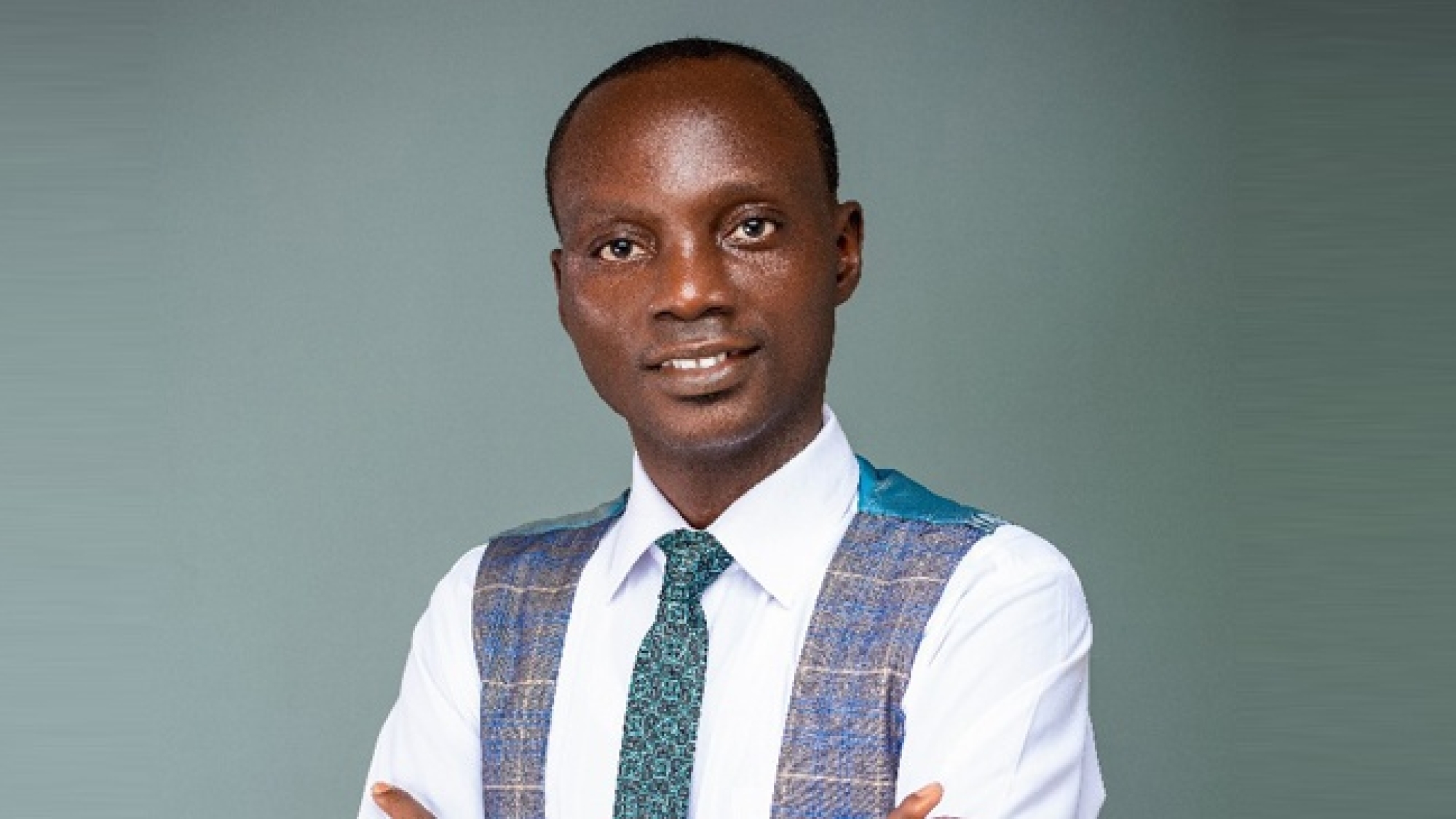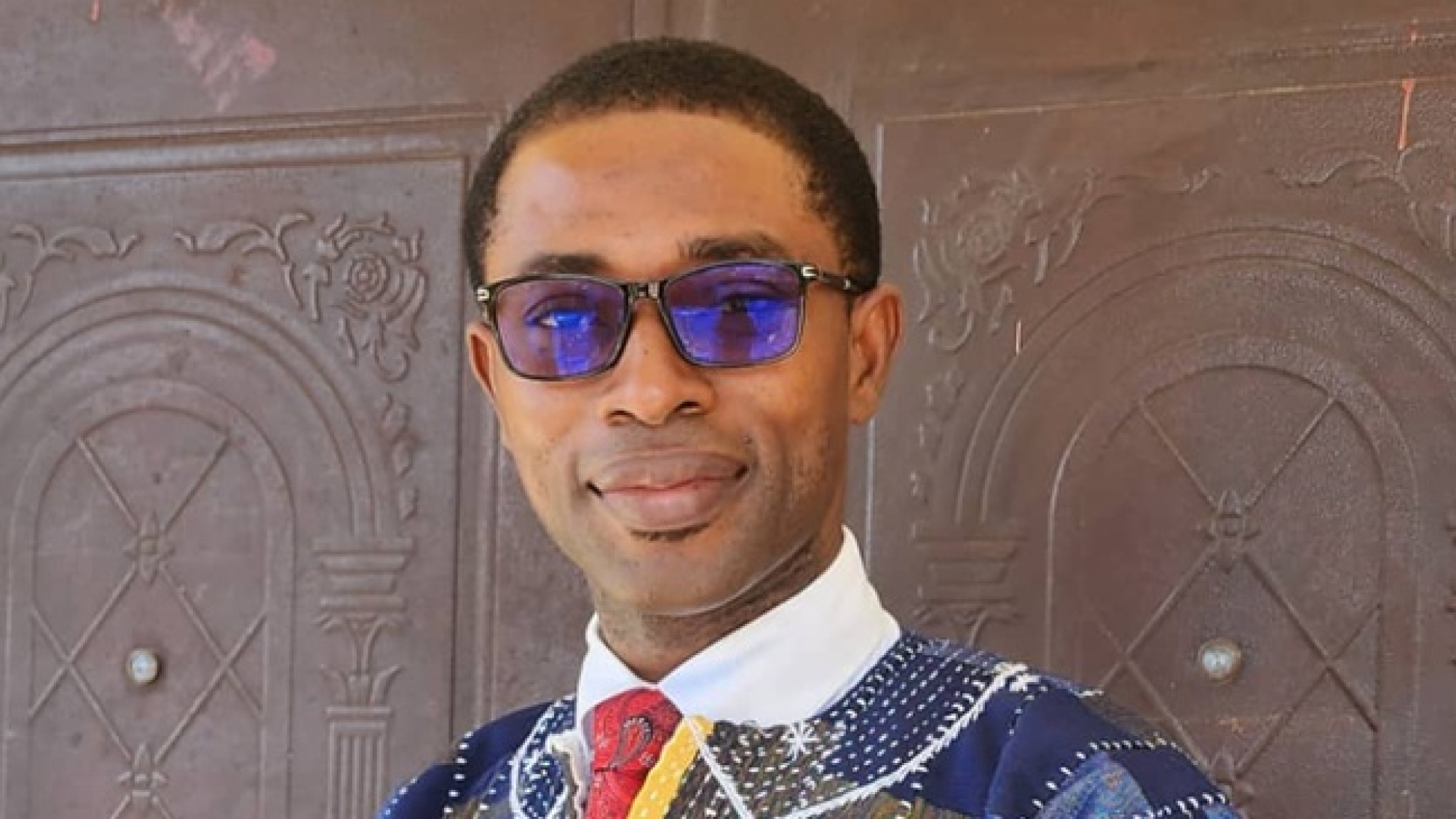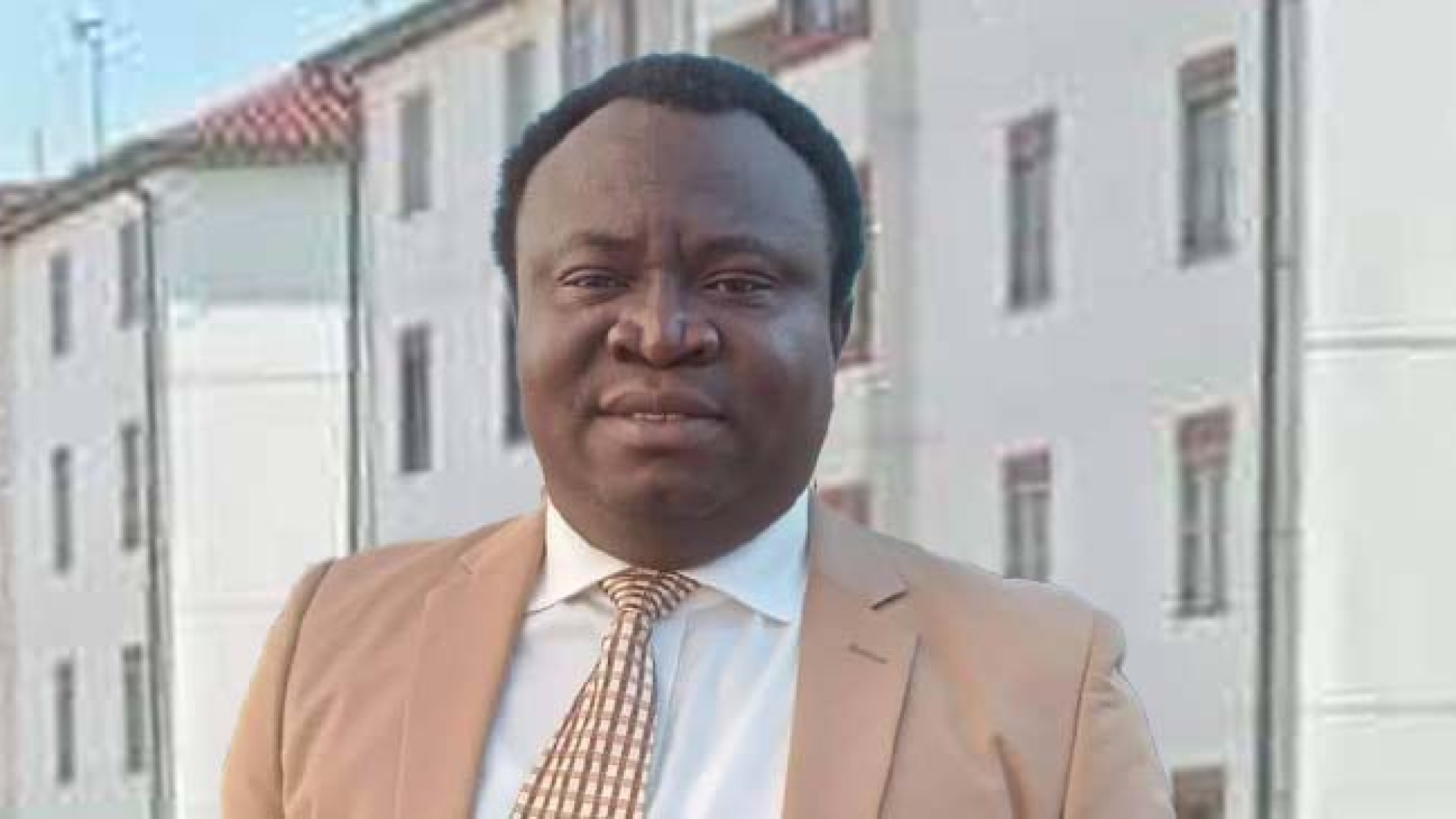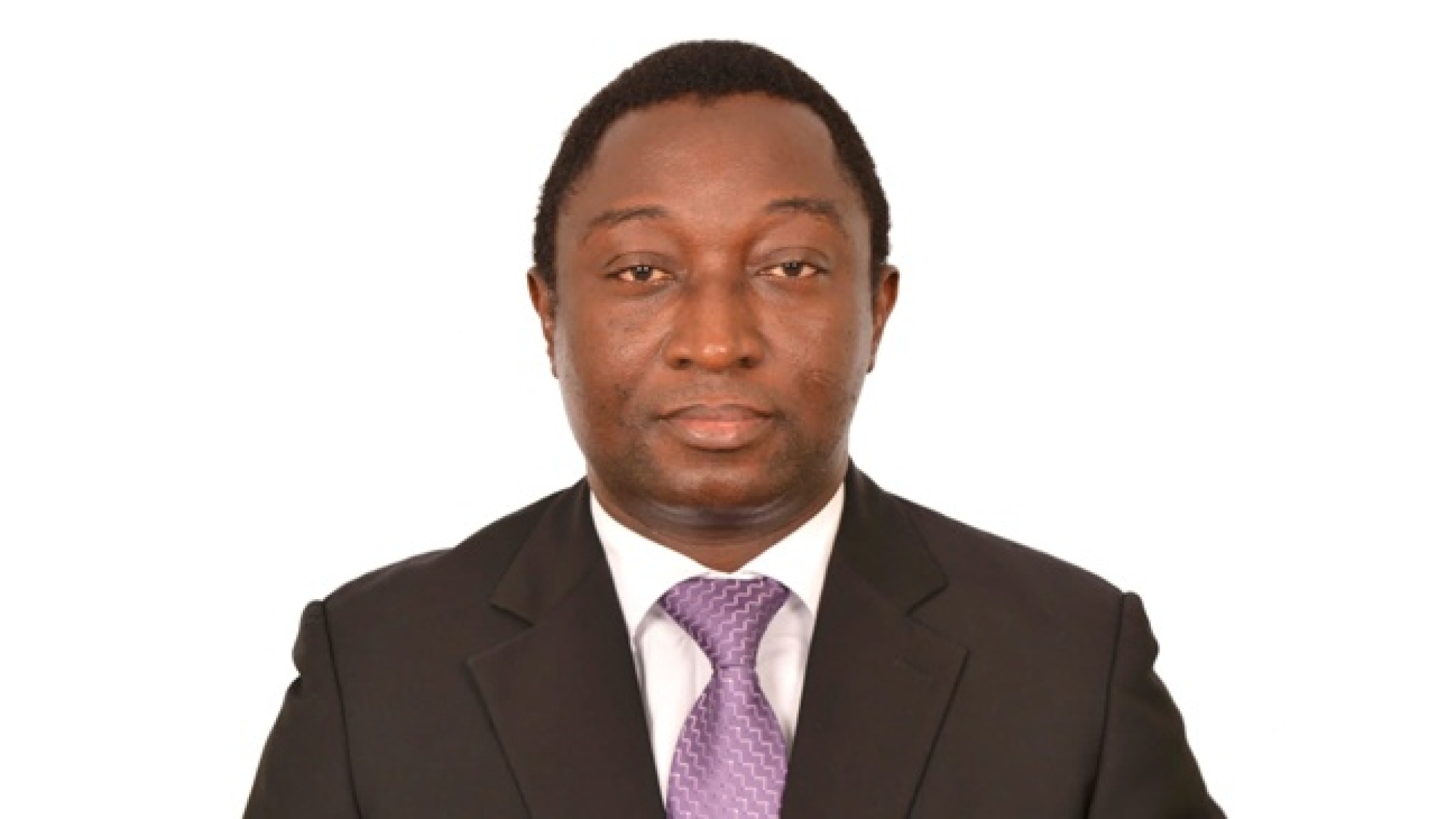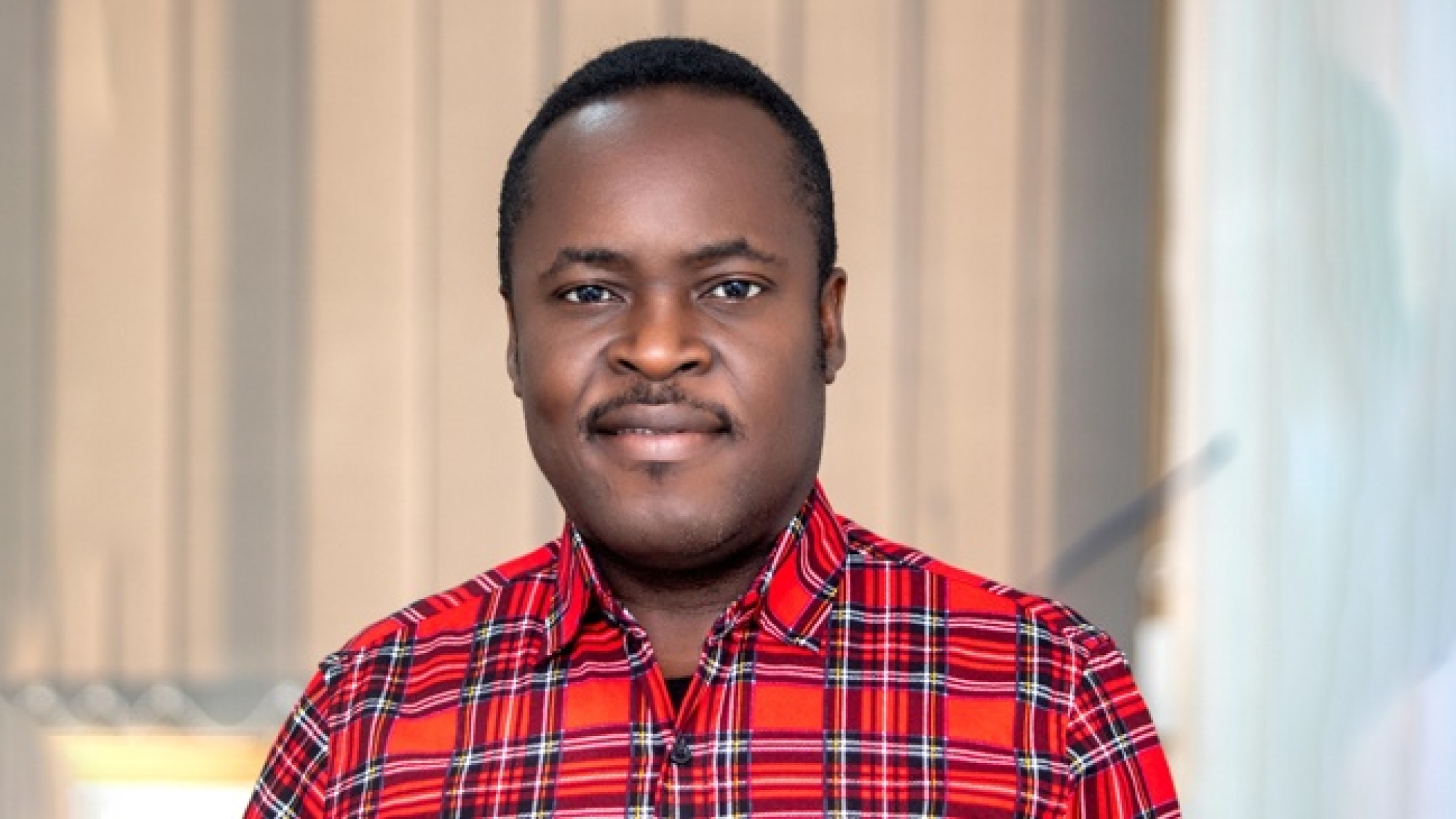INTRODUCTION
In his poignant epistle to the Romans, the esteemed apostle Paul articulates a profound ethical imperative that transcends the pages of Scripture and resonates through the corridors of time. Romans 12:15 stands as a beacon of wisdom, encapsulating the essence of shared human experience with the directive, “Rejoice with those who rejoice; mourn with those who mourn” (Romans 12:15, NIV). This timeless command, though unequivocal in its simplicity, often encounters resistance within the intricate fabric of human interactions, particularly when believers confront the adversities besetting their brethren.
Apostle Paul’s exhortation, albeit clear in its essence, confronts the inherent struggles of believers as they grapple with the weight of their fellow believers’ tribulations. The struggle to wholeheartedly embrace this divine directive manifests itself in the daily lives of the faithful, where the nuances of empathy and selfless solidarity contend with the challenges of individual preoccupations. It is against this backdrop that the narrative of Apostle Eric Nyamekye, the revered Chairman of The Church of Pentecost, during the tumultuous events surrounding the abduction and subsequent release of Elder Emmanuel Cudjoe, the National Deacon for the Church in South Africa, emerges as an exemplary illustration for leaders navigating the complexities of contemporary society.
The harrowing circumstances of Elder Cudjoe’s abduction presented a crucible for Apostle Nyamekye’s leadership, and his response became a living embodiment of the scriptural mandate in Romans 12:15. Instead of succumbing to the inertia that often accompanies crises, Apostle Nyamekye proactively engaged with the directive to “[r]ejoice with those who rejoice; mourn with those who mourn.” His swift and collective call for the entire congregation to join in prayer and fasting for Elder Cudjoe demonstrated remarkable unity and solidarity within The Church of Pentecost. This display of unity can be characterised as a compassionate expression of solidarity—a collective mourning through prayer, fervently seeking the release of Elder Cudjoe. The unfolding events showcased not only the practical application of biblical principles but also the transformative power of collective empathy in fostering a resilient and supportive community.
EMPATHETIC LEADERSHIP EXPLAINED
Empathetic leadership, according to Romans 12:15, is a leadership approach grounded in the biblical principle articulated by the apostle Paul. In Romans 12:15 (NIV), Apostle Paul encourages believers to “rejoice with those who rejoice; mourn with those who mourn.” Empathetic leadership, as derived from this Scripture, involves a leader’s ability to deeply understand and share in the emotions and experiences of those they lead. This type of leadership is about fostering a culture of understanding, compassion, and solidarity within a group or community. It emphasises the leader’s capacity to connect with the diverse emotional experiences of individuals, creating an environment where both joys and sorrows are shared collectively.
Empathetic leadership, as outlined in Romans 12:15, is a nuanced and profound approach that is built on two fundamental pillars—rejoicing with those who rejoice and mourning with those who mourn.
- Rejoicing with those who rejoice. Empathetic leadership requires leaders to genuinely celebrate the successes, joys, and achievements of their team members or followers. It goes beyond mere acknowledgment to expressing genuine happiness and support for the positive experiences of others.
- Mourning with those who mourn. On the flip side, empathetic leaders are called to share in the sorrows, challenges, and hardships faced by their team members or followers. This involves displaying compassion, offering support, and actively engaging in efforts to alleviate the burdens of those experiencing difficult times.
In the book of Romans, the apostle Paul elucidates the rationale behind advocating for this form of leadership within the Church in Rome, which extends its relevance to encompass all believers.
BRIEF BACKGROUND TO THE BOOK OF ROMANS
The attribution of the book of Romans to the apostle Paul enjoys widespread acceptance among scholars and theologians. This epistle, considered a zenith in biblical literature, functions as a comprehensive exploration of pivotal themes that form the bedrock of Christian theology. In its profound verses, the book intricately delves into fundamental concepts such as the nature of God, the essence of humanity, the pervasive impact of sin, the boundless extent of divine grace, the role of the law, the impending judgement, and the intricate interplay between Jews and Gentiles in the grand tapestry of God’s divine plan.
Penned around the year AD 57 during Paul’s third missionary journey, the epistle was a response to the distortions that had crept into his teachings and the theological misunderstandings that had taken root within the burgeoning Church in Rome. At its core, the book of Romans serves as a corrective lens, addressing these distortions and providing a clarifying discourse on the foundational tenets of the Christian faith.
The overarching theme that weaves through the fabric of Romans is the meticulous presentation of God’s redemptive plan for all of humanity, irrespective of their ethnic or religious background. It serves as a unifying force, bringing together the narratives of both Jews and Gentiles under the umbrella of God’s salvific intention. Paul’s theological exposition in Romans elucidates the universal applicability of God’s grace and the inclusivity of salvation, transcending the traditional boundaries that may have existed between different cultural and religious groups.
The book of Romans, being the longest and most impactful among Paul’s letters, adheres to the typical structure of a letter during that era. It encompasses essential components such as a salutation (1:1-7), expressions of gratitude (1:8-17), the main body (1:18-16:18), and a farewell (16:19-24). The main body, in turn, can be broadly categorized into distinct sections: an exploration of our inherent nature (1:18-3:20), guidance on the path to becoming a Christian (3:21-5:21), insights into leading a Christian life (6:1-8:39), and an explanation of the reasons behind Israel’s displacement (12:1-16:18).
In essence, the book of Romans is a theological magnum opus, where Paul meticulously lays out the intricacies of God’s divine plan for the redemption of humanity. It stands as a testament to the apostle’s intellectual rigour, spiritual insight, and pastoral concern for the welfare of the Roman Church. The enduring significance of Romans lies not only in its historical context but also in its timeless relevance as a source of guidance and theological foundation for believers across generations.
UNDERSTANDING ROMANS 12:15 IN CONTEXT
Having highlighted the imperative for believers to consecrate themselves as living sacrifices, deemed holy and acceptable to God, the apostle Paul urges them to resist conformity to the ways of the world, emphasizing their identity as new creations (Rom 12:1). The transformative key lies in the renewal of the mind, facilitating a discernment of God’s perfect will (Rom 12:2). Transitioning into the realm of grace gifts bestowed upon God’s children for ministry—comprising prophecy, exhortation, teaching, generosity, and more (Rom 12:3-8)—Paul underscores that these gifts are essential for the manifestation of the new creation.
In promoting the practical utilisation of spiritual gifts, the apostle Paul underscores that each believer receives these gifts in proportion to the measure of faith assigned by God. The subsequent focus revolves around detailing the distinctive traits of a living sacrifice and an individual actively exercising God’s gifts. These qualities encompass the importance of authentic love, distinguishing it from superficial affection; the imperative to embrace righteousness and reject wrongdoing (Rom 12:9); the cultivation of genuine bonds, finding joy in honouring and uplifting one another (Rom 12:10); the rejection of idleness, urging a diligent work ethic and enthusiastic service to the Lord (Rom 12:11); and the directive to “[r]ejoice with those who rejoice, weep with those who weep” (Rom 12:15).
Centrally positioned within the framework of “Marks of the True Christian,” Romans 12:15 acts as a linchpin, illuminating the interpersonal dimension integral to Christian living. The initial segment of the text instructs believers to rejoice with those experiencing joy. To elaborate on this directive, Adam Clarke elucidates that Christians ought to genuinely celebrate the prosperity and well-being of others, actively participating in the joy of their fellow believers. Conversely, during periods of adversity or challenge, Apostle Paul underscores the Christian responsibility to empathise deeply with the distressed, sharing in their sorrows and carrying a portion of their burdens. The universal truth, validated by collective experience, asserts that authentic sympathy allows an individual to absorb a measure of their friend’s distress, providing relief commensurate with the understanding of their sorrows. In practical terms, this entails believers engaging in intercession on behalf of those navigating challenges, thereby actualising the transformative power of empathy within the church.
Romans 12:15 underscores the importance of empathy and solidarity within the church, encouraging believers to share in both the joys and sorrows of their fellow brethren. The verse, thus, crystallises the transformative journey outlined in Romans, emphasising that true Christian identity extends beyond individual piety to encompass a communal responsibility marked by genuine compassion and a shared sense of humanity. In this way, Romans 12:15 encapsulates the essence of the broader message of Romans, fostering a paradigm of interconnectedness and mutual support among believers as they navigate the intricacies of their transformative journey in Christ.
THE TRANSFORMATIVE POWER OF EMPATHETIC LEADERSHIP: THE CASE STUDY OF APOSTLE ERIC NYAMEKYE
Upon receiving the distressing news of Elder Emmanuel Cudjoe’s abduction on October 27, 2023, the leadership of the Church in Ghana, under the chairmanship of Apostle Eric Nyamekye, swiftly took action. Recognising the gravity of the situation, they immediately applied the teachings of Romans 12:15, urging the congregation to “weep with those who weep,” for they believed that they would definitely “rejoice with them [Elder Cudjoe, family, and the church] who rejoice”. A heartfelt call was issued to the entire church body, urging them to join in collective mourning through prayers for Elder Cudjoe, his family, the South African church, and the church worldwide. This impassioned plea prompted an immediate response, with church members from diverse regions, cities, and countries uniting in solidarity. The subsequent announcement of a three-day fasting and prayer initiative underscored the exceptional support and cohesiveness of the church community during challenging times.
The powerful presence of Chairman Nyamekye at Pent TV, the official television station for the church, was a heartening sight. Leading the intercession for Elder Cudjoe’s release, he was supported by Apostles Samuel Gyau Obuobi (General Secretary) and Emmanuel Agyemang Bekoe (International Missions Director), all actively guiding the congregation in fervent prayers. The resonance of their collective supplication was evident on the very first day of the dedicated prayer period, when the astonishing news of Elder Cudjoe’s release spread rapidly. The timing of this development, occurring mere hours after the commencement of the church’s fasting and prayer initiative, was nothing short of miraculous.
On November 5, 2023, Apostle Nyamekye, despite his demanding schedule, once again exemplified the second part of Romans 12:15 – “Rejoice with those who rejoice.” This significant event unfolded as he actively participated in the jubilant celebration with the South African congregation, expressing profound gratitude for the miraculous release of Elder Cudjoe from the clutches of gunmen. In a video that quickly went viral, Chairman Nyamekye’s authentic attempt to mirror Elder Cudjoe’s joyful dance marked a sincere acknowledgment of the practicality and relevance of biblical teachings in navigating real-life situations. This harmonious celebration became a powerful demonstration of unity and shared joy within The Church of Pentecost, surpassing geographical boundaries and cultural differences.
The impact of this celebratory moment extended beyond the immediate context, serving as a catalyst for revival within The Church of Pentecost, South Africa, and by extension, the church worldwide. The church in South Africa, previously gripped by fear and uncertainty, witnessed a transformative change, evident in the radiant smiles captured in the viral video. These joyous expressions reflected a revival that had broken forth in the church, rejuvenating the spirits of its members whose hopes had recently been on the verge of despair. This revival stands as a testament to the potency of empathetic leadership, as Apostle Nyamekye’s actions not only facilitated the celebration of a fellow believer’s release but also instigated a broader renewal within the entire church community.
LESSONS FOR CHRISTIAN LEADERS AND ALL BELIEVERS
The significance of Apostle Nyamekye’s actions lies in the tangible demonstration of biblical principles in the face of real-life challenges. The abduction of Elder Cudjoe presented a moment of adversity, and Apostle Nyamekye’s response showcased the practicality and relevance of scripture in navigating such circumstances. By urging the congregation to unite in mourning through prayer and fasting, he not only adhered to the biblical mandate—the need to mourn with those mourning—but also demonstrated the transformative power of these principles in fostering a resilient and supportive community.
Apostle Nyamekye’s leadership highlights the dual nature of Romans 12:15—the need to mourn with those who mourn and, subsequently, rejoice with those who rejoice. The celebration that ensued upon Elder Cudjoe’s miraculous release showcased the application of the latter part of the biblical text. In doing so, Chairman Nyamekye exemplified the dynamic and comprehensive nature of biblical wisdom, offering a roadmap for leaders to navigate the complexities of crisis and celebration.
Apostle Nyamekye’s exemplary leadership serves as a profound lesson for people from all walks of life, emphasising the significance of embodying biblical principles in our daily interactions. At the core of this teaching is the call for Christians to extend genuine empathy to their fellow brothers and sisters during times of difficulty and challenge. Often, individuals facing trials find themselves isolated, devoid of anyone to share their burdens with or offer prayers on their behalf. This underscores the need for a compassionate response from the church, symbolising the very essence of living according to biblical precepts.
Furthermore, Apostle Nyamekye’s actions underscore the importance of unity in joy and sorrow within the Church. The prevalent tendency to prioritise celebrating with others in times of success while neglecting to share in their sorrows is a practice that needs to be rectified. True Christian leadership, as demonstrated by Chairman Nyamekye, requires an equal commitment to rejoicing with those who rejoice and mourning with those who mourn, fostering a culture of mutual support and understanding.
In the midst of Elder Cudjoe’s adversity, Apostle Nyamekye’s leadership transcended the realm of mere rhetoric; it became a shining exemplar of compassionate and empathetic engagement. In navigating the tumultuous waters of Elder Cudjoe’s ordeal, the Chairman did not merely pay lip service to the scriptural injunctions but, instead, breathed life into these teachings through his tangible actions and unwavering commitment to remind Christian leaders about what leadership is all about.
Importantly, Apostle Nyamekye’s application of the biblical text transcended personal relationships, highlighting the broader Christian family. His actions were not motivated by a familial connection with Elder Cudjoe but by a shared commitment to the Christian faith and The Church of Pentecost. This exemplifies the principle that Christian leaders should extend their support to all individuals, irrespective of race, colour, or background, reinforcing the idea that believers are one family in Christ. In essence, Apostle Nyamekye’s leadership offers a compelling model for a compassionate and inclusive Church that embodies the teachings of the Bible in both word and deed.
The narrative of Elder Cudjoe’s tribulation, punctuated by the Chairman’s empathetic leadership, serves as a guidepost for leaders navigating the complexities of the contemporary world. It challenges the prevalent narrative of detachment and showcases the transformative impact of leaders who actively embody the principles of shared joy and sorrow. In essence, Apostle Nyamekye’s response becomes a compelling case study, urging contemporary leaders and Christians to move beyond theoretical adherence to these biblical principles and embrace the profound and practical implications of empathetic engagement in the face of human trials and triumphs.
CONCLUSION
Apostle Nyamekye’s exemplary conduct during this challenging episode serves as a compelling case study for leaders across diverse spheres in contemporary society. It underscores the irrefutable truth that the seamless interweaving of joy and sorrow, as advocated by Paul, is not only a scriptural precept but a lived reality capable of transforming adversity into a celebration of communal strength and resilience. In a world marked by challenges, the leadership of Chairman Nyamekye stands as a compelling example, urging leaders to emulate the transformative power of compassionate engagement and shared humanity.
This poignant demonstration of leadership extends beyond the walls of religious institutions, offering a universal lesson on the profound impact leaders can have when they embody principles of empathy and solidarity. Apostle Nyamekye’s ability to translate the essence of Romans 12:15 into practical action speaks to the universality of these principles. By not only instructing but actively participating in the collective mourning and subsequent celebration, he showcases that leaders, regardless of their sphere, can foster environments where individuals are genuinely supported in both their challenges and triumphs. This becomes a clarion call for leaders to recognise the intricate tapestry of human experience, embracing the responsibility to not only guide their communities through tribulations but also partake in the shared jubilation that arises from overcoming adversity collectively.
Written By Pastor Emmanuel Foster Asamoah (Abasraba District, Winneba)







